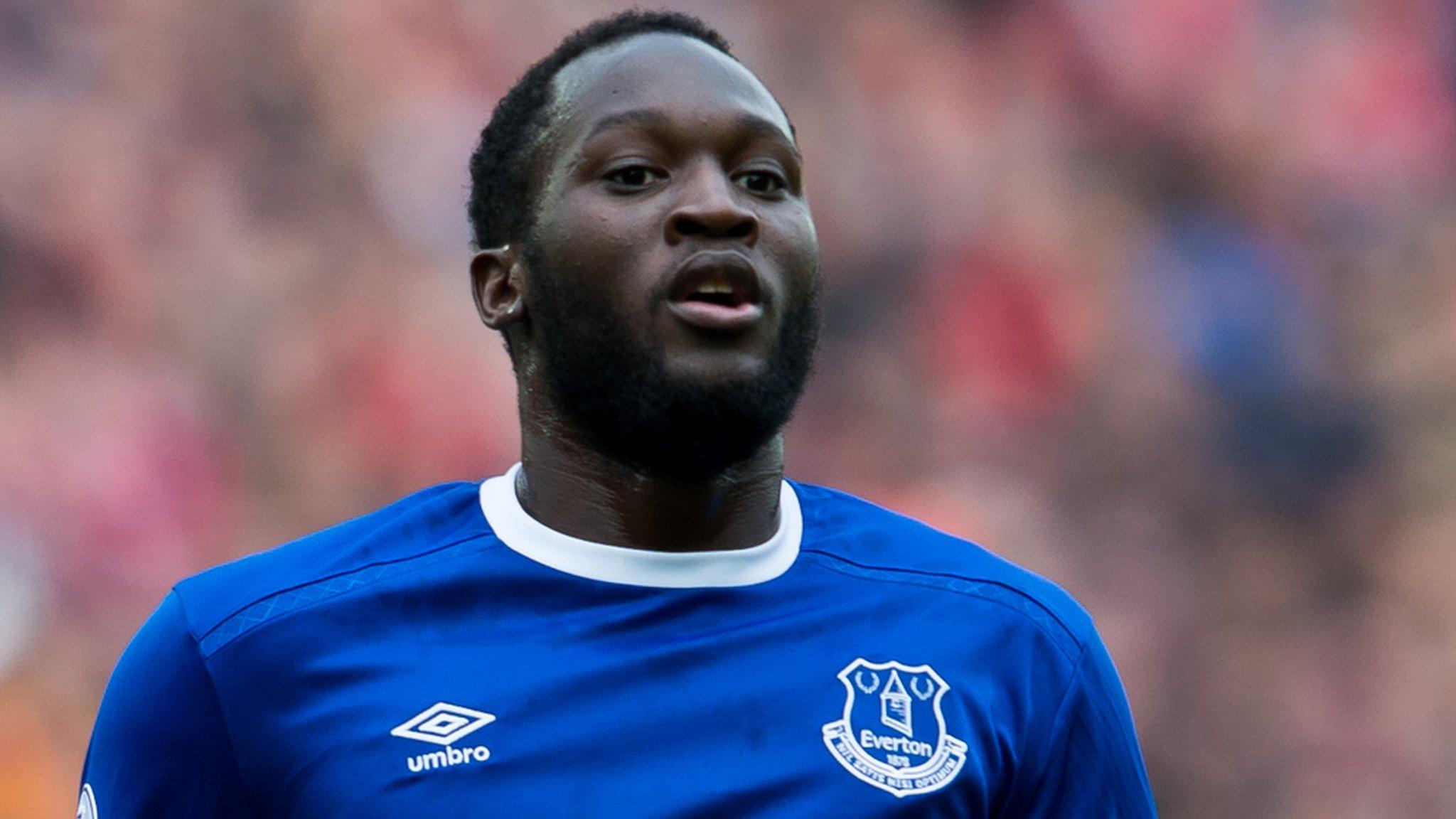Agents' fees paid by English clubs up by 38% for 2016-17
- Published
- comments
Football agents: Are they worth £220m?
The amount paid by English clubs to agents has risen by 38% in a year - up from £160m to £220m.
The Premier League paid £174m to agents, up from £130m, with Manchester City being the biggest spenders (£26.3m) ahead of Chelsea (£25.1m) and Manchester United (£19m).
England's second tier, the Championship, spent £42.4m on agents, an increase of 62%.
The Football Association figures cover from February 2016 to January 2017.
They come two years after the last full-year results (2014-15).
Premier League teams spent a record £1.38bn on transfers in the 2016-17 season - a 43% increase on transfer spending from the 2014-15 season.
In both League One and League Two the total spending on agents and intermediaries decreased from the 2014-15 figures.
League One sides spent £3,098,508, down from £3,167,964, while League Two teams spent £821,450, down from £1,007,920.
Man City top agents' fees table
Liverpool led the Premier League in agents' fees when the last full-year results were published for the period 1 October 2014 to 30 September 2015, but the Reds' spending has decreased from £14.3m to £13.8 for the 2016-17 period.
Manchester City now top the Premier League list with £26.3m, up from £12.4m, followed by Chelsea, who have also more than doubled their spending on agents' fees, up from £12m to £25.1m.
Manchester United (£19m) and Arsenal (£10.2m) complete the top five, while Tottenham's outlay has risen from £6m to £7.2m.
Yet despite being considered part of the Premier League's 'big six' clubs, Spurs trail behind West Ham (£9.5m) and Bournemouth (£7.4m) in agents' fees paid for 2016-17.
The player
Former England, West Ham and QPR winger Trevor Sinclair
I was very fortunate. I met a good agent quite early on in my career after some bad experiences. He took care of negotiations, which is standard, made sure I was pitching myself at the right amount of money to be earning weekly, monthly, annually.
On top of that he helped me with financial advice, he helped me with marketing, exit strategies when I finished football, and also just day-to-day things. He was always preaching to do your best and try to look after yourself.
The influence that agents have got now in the game is unbelievable. You look at some of the biggest clubs in the UK and Europe, and there are certain super agents who, for me, have too much power.
In relation to deals, I think the money should be capped in some way. If you're doing a deal for a player moving for £1m, why would there be another £1m going missing to agents' fees? It's unacceptable, for me, that kind of money going out of the game, when that could be easily used for grassroots football.
The agent
Jonathan Barnett of the Stellar Group
Agents have a bad reputation because nobody really understands what an agent does and that includes, probably, the FA. It's not deserved. More MPs have committed illegal acts than agents. I think it's unjust, a very unjust one.
People get confused when they hear of an agent. They think it's somebody that does transfers, runs around from one club to another trying to sell players. They are more traders and brokers. There are very few of those agents and very few that really matter.
However, what we are as an agency and what other reputable companies are, are people who look after players. We don't look after clubs. We don't look after anybody else, we look after the player. And by that, we make sure their life is properly run, any problems are taken care of and their life is made very easy so that all they can do is concentrate on playing football.
We get paid for what we're worth. If we do a good job for our player then we get paid. If we do a bad job, we don't. There are plenty of agents who don't earn a living. You've got to be good at what you do and then you get paid rightly.
The chairman
Stoke City chairman Peter Coates
Football clubs, especially top clubs, are getting more and more income, so what happens? Players get bigger and bigger wages, and agents therefore get bigger and bigger fees. It's a product of the marketplace we're in, so I'm not surprised.
I wish it were less, but we're in a marketplace that is highly competitive. We've never been able to get any traction and get an agreement to say we'll all dock pay more than X, whether it's 5%, 10% or whatever the figure could be. There seems a reluctance to go down that route. There's no other way we could perhaps rein in what agents get.
There are good agents, less good agents and they can earn huge amounts of money. That sometimes can attract the wrong sort of person because the prize is so high. It's one of those facts of life. We wish it was different, but we seem incapable of controlling it. All clubs do their best, obviously we don't want to pay any more than we have to. But it's a tough market. They play the field, which they're entitled to, and it's not easy.
- Published7 April 2017
- Published31 March 2017

- Published7 April 2017
